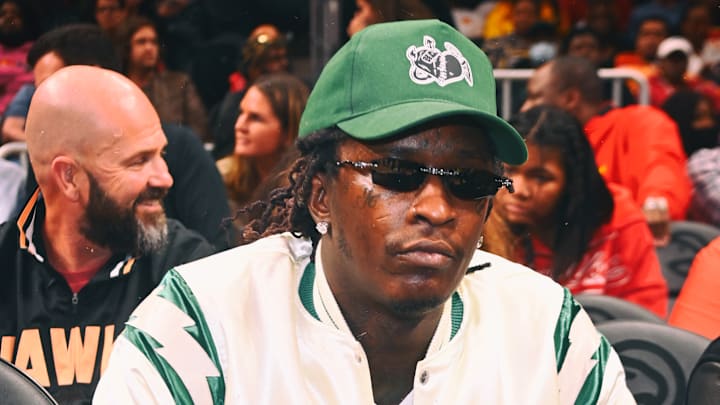In a groundbreaking move, Maryland legislators are championing the rights of artists by introducing a bill that could reshape the legal landscape. The proposed Maryland House Bill 1429, affectionately known as the Protecting the Admissibility of Creative Expression (PACE) Act, aims to shield artists from having their own work turned against them in courtrooms across the state. Let’s dive into the details and explore why this bill matters.
The battle for creative expression
Rap lyrics on trial
According to the American Bar Association, rap lyrics have become a contentious battleground in criminal trials. Artists find themselves caught in a lyrical crossfire, where their own words—crafted as poetic expression—can be twisted and wielded as evidence against them. The recent case of rapper Young Thug, who faced gang and racketeering charges in November 2023, exemplifies this troubling trend.
What does the PACE Act propose?
The PACE Act recognizes the diverse forms of creative expression that artists employ. It extends protection to various mediums, including:
- Music: From soulful melodies to hard-hitting beats, an artist’s musical compositions fall under this umbrella.
- Dance: Choreography and movement as artistic expression.
- Performance Art: Captivating audiences through live acts and visual storytelling.
- Poetry: The rhythm of words woven into emotional tapestries.
- Literature: Novels, essays, and prose that stir hearts and minds.
- Film: Cinematic narratives that transport us to other worlds.
Under the PACE Act, an artist’s creative expression cannot be used as evidence in court unless specific conditions are met:
- Literal Intent: If the artist intended their expression to be taken literally, it becomes admissible.
- Relevance to Alleged Offense: If the creative work directly relates to the facts of the alleged offense, it may be considered.
In essence, the bill seeks to strike a balance between artistic freedom and legal accountability.
The Committee’s deliberation
As we await the bill’s fate, a house committee is meticulously examining its implications. Should it pass, Maryland would set a precedent, potentially influencing other states to follow suit. The stakes are high, and artists everywhere are watching closely.
Why it matters
The PACE Act isn’t just about protecting artists; it’s about preserving the soul of creativity. When an artist pours their heart into a song, a dance, or a canvas, they deserve assurance that their expression won’t be weaponized against them. By safeguarding their work, we honor the very essence of art—the raw, unfiltered voice that transcends boundaries.
